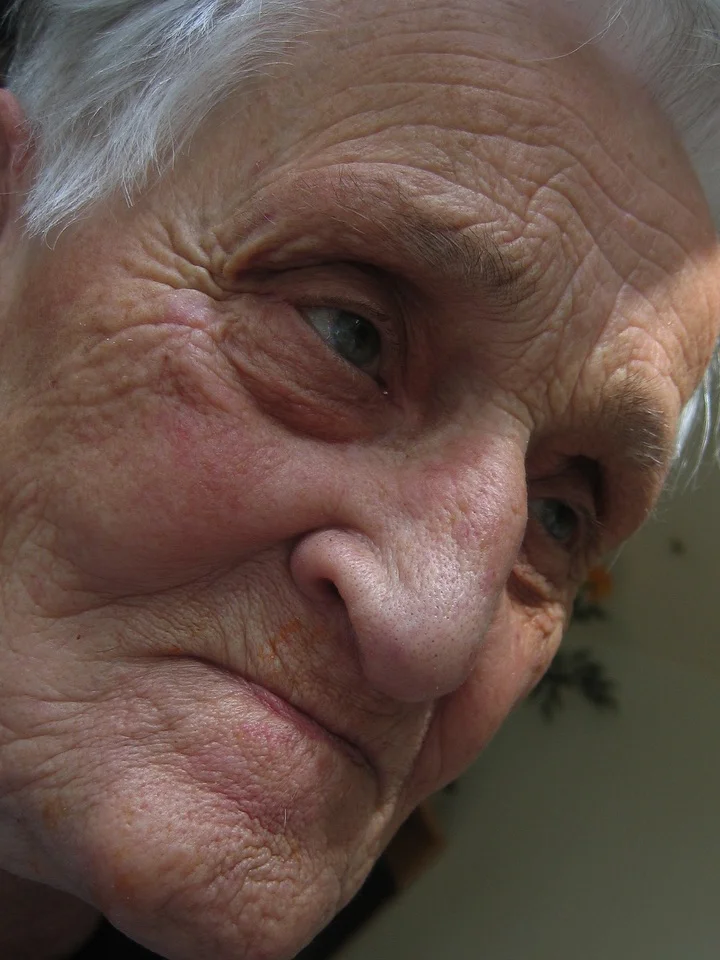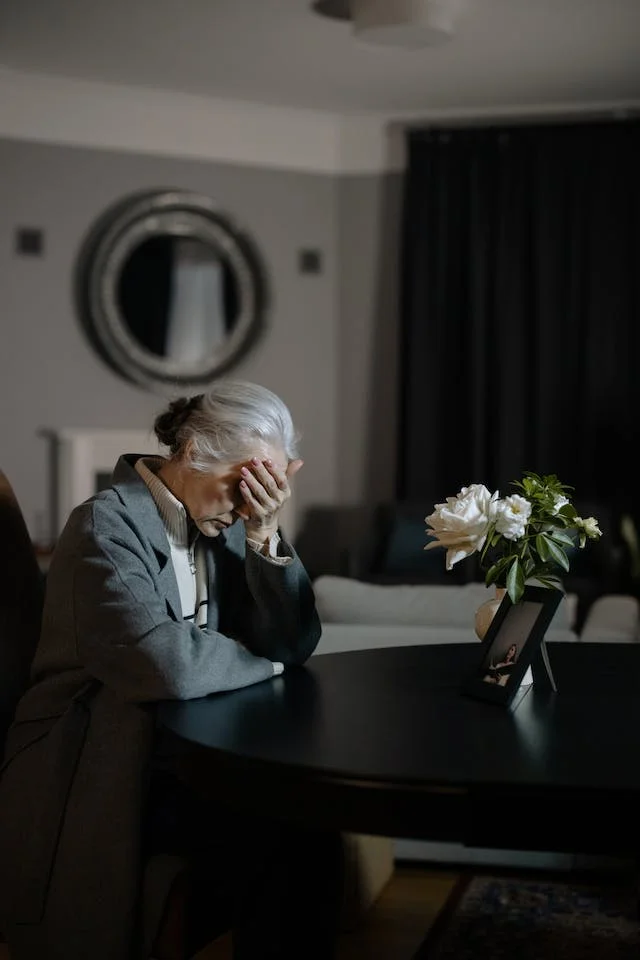How Does Dementia Caregiving Affect Marriage
Dementia is a challenging journey, not only for those who are diagnosed but also for their spouses. It can test the boundaries of love, patience, and commitment. In this article, I want to share the harsh reality of how dementia caregiving can impact a marriage. While it may not be the most pleasant topic, understanding the challenges and exploring solutions is vital for preparing ourselves for what’s to come.
The Early Days of Dementia

When dementia enters your life, it often starts as a mild inconvenience, but it tends to worsen over time. As a spouse, you’ll notice subtle changes in your partner’s behavior and cognitive abilities. They may forget important dates or struggle to find the right words in conversations. This initial phase can be a confusing and emotionally charged time.
Struggling as a Caregiver
As your partner’s dementia progresses, you’ll find yourself taking on the role of a caregiver. The once-simple task of communicating with your spouse may become challenging. Everything seems to frustrate and overwhelm them, causing distress for both of you. You’ll feel like you’re walking on eggshells, constantly trying to keep them calm and happy.
Babysitting Like a Toddler
Dementia can reduce your partner’s abilities to those of a toddler. You may find yourself constantly monitoring them to ensure their safety. Simple daily activities like bathing, dressing, and eating can become a struggle. It’s like parenting all over again, but this time, your child is your partner.
Coping Skills and Emotional Turmoil

Your coping skills, once reliable, may start to falter. You’ll experience daily emotional turmoil, with tears becoming a frequent companion. It’s not uncommon to cry multiple times a day. However, you’ll often put on a brave face, masking your emotions to avoid upsetting your spouse with dementia further.
The Growing Darkness
As time passes, your situation is likely to worsen. The weight of caregiving can lead to depression, making it challenging to find moments of happiness or joy in your life. It’s a constant battle against the growing darkness that threatens to overshadow your relationship.
Resentment and a Strained Relationship

It’s heartbreaking, but you may begin to resent your spouse with dementia. The person you once knew seems to slip away, replaced by a different version. You might not even like them anymore, and the strain on your relationship becomes unbearable.
Feeling Trapped

At some point, you might feel utterly trapped, with no way out. The responsibilities of caregiving can be all-encompassing, leaving you with little time for yourself or your own needs. This feeling of entrapment can be suffocating.
What Can Be Done? How to Save Marriage?
While the journey of dementia caregiving may seem bleak, there are strategies and resources that can help both you and your spouse. Let’s explore some potential solutions to ease the burden:
1. Adult Day Care
Consider enrolling your loved one in an adult day care program for a few days a week. Most dementia patients enjoy the activities and interaction with others. This not only provides a break for you but also enriches their daily life.
2. Emotional Respite
You need emotional breaks too. Find ways to take care of yourself. Go for a walk in the park, or spend time with friends. Talking to others who understand your situation can be incredibly comforting. Remember, you’re not alone in this journey.
3. Mindfulness Practices
Practicing meditation, and positive visualization can help you maintain a sense of peace and balance. These techniques can be powerful tools for managing the emotional turmoil that often accompanies dementia caregiving.
4. Compassion and Patience
It’s natural to feel angry and resentful at times, but try to remain a loving and compassionate person. Understanding that it’s the disease causing these changes can help you approach your spouse with empathy rather than frustration. Controlling your reactions can help preserve your marriage.
5. Seek Support
Find a local support group or connect with online communities dedicated to dementia caregiving. Sharing your experiences and learning from others who have faced similar challenges can be a lifeline during tough times. Reach out to your medical provider for resources and guidance.
6. Seek Professional Help
Don’t hesitate to consult with medical professionals about medication options to help calm your loved one if they’re experiencing behavioral issues. Your doctor can provide guidance on managing the symptoms and behaviors associated with dementia.
Conclusion
Dementia caregiving is a journey filled with hurdles and heartaches, but it’s essential to remember that you’re not alone. I want you to know that there are ways to navigate this challenging path. With a combination of support, patience, self-care, and professional guidance, it’s possible to preserve your marriage and provide the best care for your spouse with dementia.
In closing, I’d like to ask: Have you or someone you know experienced the impact of dementia caregiving on a marriage? What strategies have you found most helpful in maintaining a strong and loving partnership throughout this difficult journey? Please share your thoughts and experiences in the comments section.
